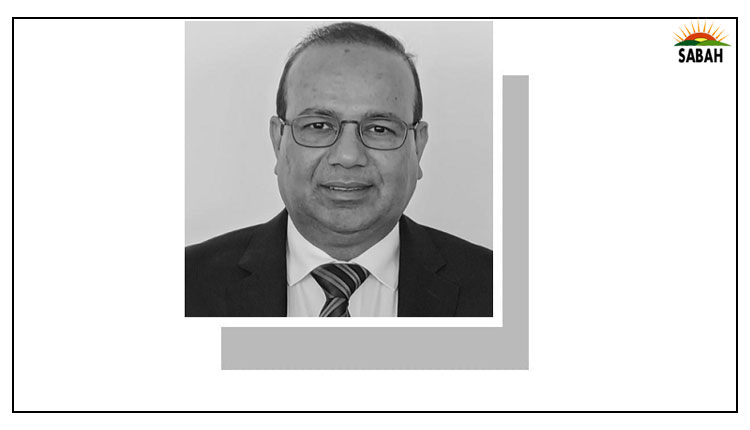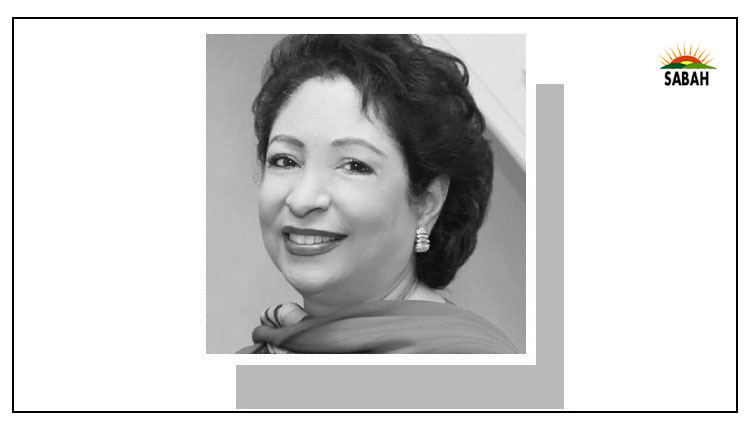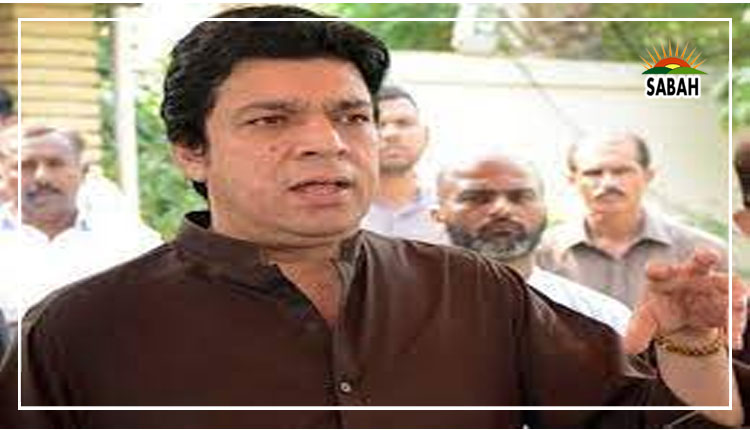Justice Ayesha Malik calls for urgent action on gender-based violence
ISLAMABAD, Dec 10 (SABAH): The high-level panel of speakers including policy makers, human rights activists and Justice of the Supreme Court of Pakistan on Tuesday made a powerful call to action, urging society and institutions to prioritize the issue and address systemic shortcomings to address Gender-based Violence cases.
The Sustainable Development Policy Institute (SDPI) organized a high-level seminar on Tuesday to commemorate International Human Rights Day, under the theme “Linking Rights to a Future Free from Gender-Based Violence,” while also celebrating the 16 Days of Activism against Gender-Based Violence.
Romina Khurshid Alam, Prime Minister’s aide on Climate Change and Environmental Coordination, highlighted the critical need for educational reform to address gender-based violence, especially in public schools. She also pointed out that stigma and societal discrimination continue to suppress women’s voices and perpetuate violence.
Senator Samina Mumtaz Zehri, Chair of the Senate Standing Committee on Human Rights, addressed the challenges in the implementation of existing laws, highlighting the gaps in data collection and public awareness regarding avenues for reporting violence. She called for reforms in the police and judicial systems to better support victims of gender-based violence.
In her remarks, Justice Ayesha A. Malik of the Supreme Court of Pakistan, said, “Gender-based violence is violence against women because they are women.” She emphasized the deep-seated imbalance between men and women that was entrenched in societal and cultural norms. She called for societal outrage over the rise in sexual violence, particularly against minors and women. “The violation of a woman’s dignity must not be tolerated,” she said, adding that resistance to gathering accurate data hampers efforts to understand and address the crisis. “Without data, there can be no comprehensive understanding of the problem, let alone a solution,” Justice Malik noted, lamenting that the current lack of clarity about domestic violence statistics complicates efforts to tackle this crime effectively.
Justice Malik criticized the judgmental attitudes faced by women in GBV cases, a problem deeply rooted in subcontinental culture, where women are frequently accused of lying. This lack of a gender perspective weakens the narrative around GBV and perpetuates societal biases. Justice Malik concluded by calling for gender-based violence to be treated as a priority. “Let us focus on the real issues and ensure women are treated as equal citizens of society.”
Earlier, in his welcome remarks, Dr. Abid Qaiyum Suleri, Executive Director of SDPI, emphasized that sustainable development is incomplete without incorporating human rights and gender equity.
He highlighted the importance of ensuring women’s rights as foundational to achieving social, economic, and environmental justice. “Our research and evidence at SDPI aim to bridge policy, laws, and regulations to drive meaningful change,” Dr. Suleri noted.
Harris Khalique, Secretary General of the Human Rights Commission of Pakistan (HRCP), discussed the alarming global statistics on gender-based violence, noting that one in three women experiences physical or psychological trauma, with even higher rates in Pakistan. He stressed the importance of continued legislative progress and societal reforms, including the need for greater inclusion of women with disabilities in conversations on gender equality.
Riffat Inam Butt, Chairman of the Law and Justice Commission of Pakistan (LJCP), underlined the necessity of improving data collection and ensuring access to legal resources for women. He advocated for using technology to empower women with knowledge of their rights and available legal recourse.
Andrew Bowden, Development Councillor at the British High Commission, echoed the need to break societal taboos around gender-based violence. He emphasized that empowering women economically and ensuring gender equality in development are key priorities for the UK’s global mission.
Sadia Satti, Gender and Climate Expert SDPI, introduced the Gender Equity Policy Network (GEPN) which is a strategic initiative of SDPI that is designed to advance gender equity in Pakistan through inclusive decision-making and effective policy action. By involving key stakeholders—including government officials, civil society organizations, academia, and the private sector—the GEPN aims to establish a collaborative framework that integrates gender considerations across all sectors.











